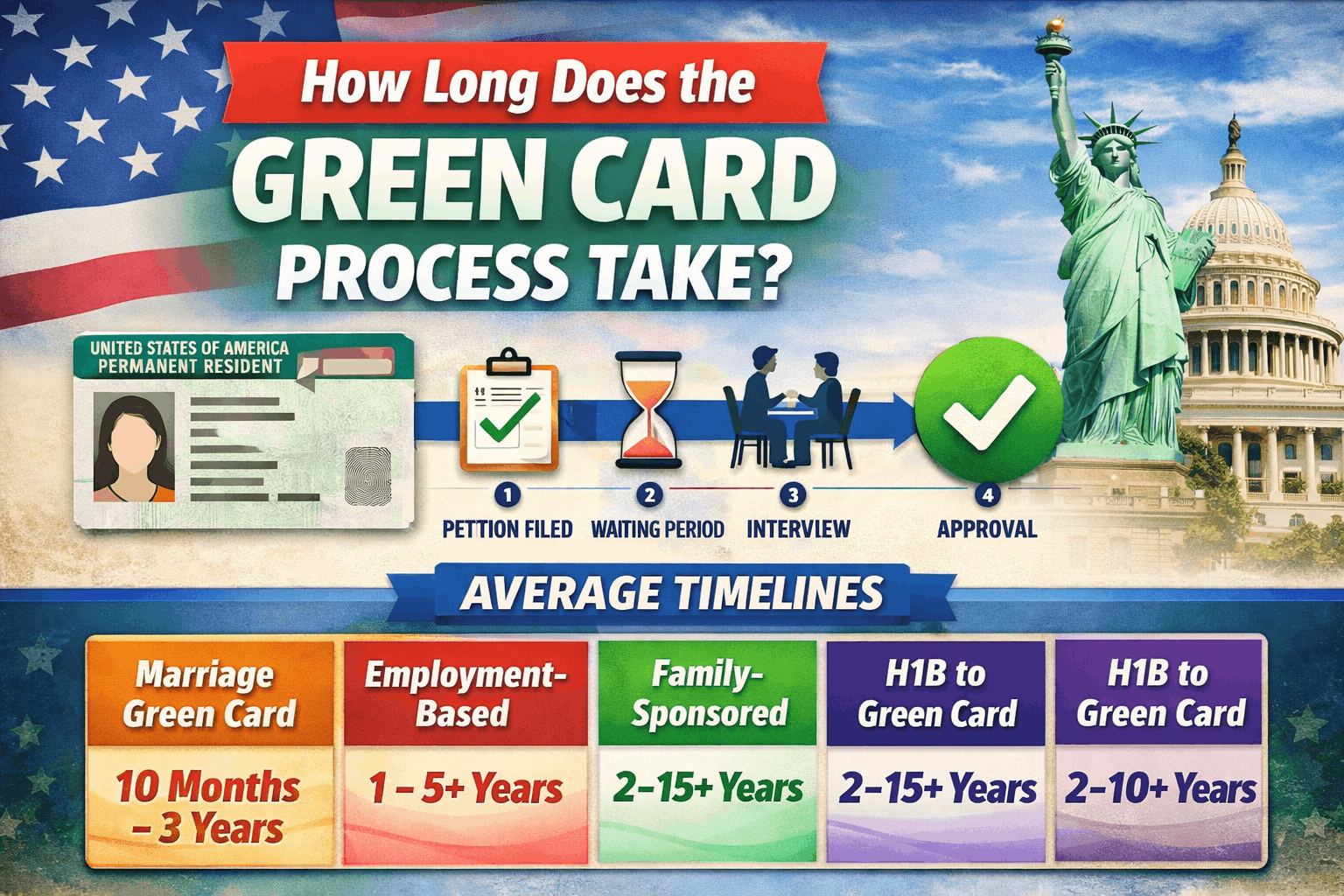|
Getting your Trinity Audio player ready... |
A federal judge’s decision that Alina Habba was illegally functioning as the U.S. attorney for New Jersey dealt a serious blow to former President Donald Trump’s legal strategy. The decision, which was made on Thursday, raises serious issues about how the Trump administration used the federal appointment process to maintain loyalists in power and calls into question hundreds of convictions.
Judge Matthew Brann, an Obama appointee serving in Pennsylvania’s Middle District, issued a 77-page opinion declaring that Habba’s appointment was unconstitutional. According to the judge, Habba has not been a legally valid interim U.S. attorney since July 1, when her initial term expired.
The case was triggered by two criminal defendants in New Jersey who challenged Habba’s authority. They argued that Trump and former Attorney General Pam Bondi bypassed legal procedures to keep her in office, thereby violating their constitutional rights. Judge Brann sided with the accused after examining the odd sequence of reappointments.

“After considering whether Ms. Habba is legitimately carrying out the responsibilities and authority of the Office of U.S. Attorney for the District of New Jersey, I have come to the conclusion that she is not,” Brann wrote.
A Trump Supporter in the Public Eye
Former Trump personal defense attorney Alina Habba was appointed acting U.S. attorney by the administration earlier this year. But when her term ran out in June, Trump and Bondi acted quickly to keep her in power. Instead of nominating a permanent replacement through the Senate, they used loopholes in the Federal Vacancies Reform Act to reappoint her as “acting” U.S. attorney.
This maneuver allowed Habba to continue running the office for another 210 days. Critics say it was an abuse of federal vacancy laws, designed to ensure stability but not to sidestep Senate confirmation.
The move also created friction with New Jersey’s judiciary. Federal judges in the state took the rare step of refusing to extend Habba’s term. Instead, they named career prosecutor Desiree Grace to temporarily oversee the office. Habba was reinstated and her nomination for permanent confirmation was withdrawn when Trump and Bondi rejected that ruling.
Judge Brann’s ruling not only rebukes this maneuver but also questions whether other U.S. attorney appointments under Trump followed similar tactics.
Court Challenge and Its Consequences
The legal battle began when Julian Giraud, a New Jersey defendant, argued that Habba’s unusual reappointment violated his constitutional rights. Another defendant joined the challenge, amplifying pressure on the federal judiciary to act.
Brann’s decision means Habba cannot prosecute Giraud or any other defendant who challenges her authority. While ongoing criminal cases can proceed, they cannot rely on Habba’s jurisdiction or her signed filings.
This creates significant uncertainty for the Justice Department. Every case touched by Habba’s office during her disputed tenure is now vulnerable to challenge. Defense lawyers across New Jersey are expected to use Brann’s ruling to seek dismissals or delays in their clients’ cases.
In a direct blow, the judge invalidated Habba’s official court filings and prosecutorial authority, leaving prosecutors scrambling to determine which cases remain legally sound.
Political Implications
The ruling comes amid accusations that Trump and Bondi have engaged in a broader strategy to exploit loopholes in the appointment process across the country. Reports suggest that similar tactics have been used in states such as California and New York, where Senate confirmation for U.S. attorneys has faced political gridlock.
By keeping loyalists like Habba in charge, the Trump administration ensured that politically sensitive investigations remained under its control. Critics claim that this erodes public confidence in the legal system and threatens judicial independence.
Judge Brann addressed these concerns directly in his opinion, noting that the Federal Vacancies Reform Act was never meant to be manipulated for political gain. “A statutory interpretation that blows a gaping hole in this carefully crafted scheme designed to provide only limited flexibility and prevent manipulation—runs directly counter to Congress’s intent,” he wrote.
A Rare Judicial Clash
The situation is unprecedented. Typically, disputes over U.S. attorney appointments are resolved quietly within the Justice Department or the Senate. But this time, the matter escalated into a high-profile court battle.
The fact that the Third Circuit Court of Appeals reassigned the case to Judge Brann rather than leaving it with New Jersey’s own judges underscores how politically charged the issue has become. Local judges feared a conflict of interest, given their direct oversight of the district.
By stepping in, Brann provided an impartial ruling that could shape how federal vacancies are handled nationwide.
Next Steps for the Trump Team
The ruling will not take effect immediately. In order to allow the Trump administration to appeal, Judge Brann suspended his ruling.. That means Habba technically remains in her role for now, though her authority is severely weakened.
Neither Habba nor Justice Department spokespeople have issued statements. Trump’s team, however, is expected to launch a fierce appeal, likely arguing that Brann misinterpreted federal law.
Still, legal experts say the ruling sends a strong signal: courts will not tolerate manipulation of federal vacancy rules for political purposes.
Broader Impact on U.S. Attorney Appointments
The dispute over Alina Habba unlawfully serving U.S. attorney may be just the beginning. Other federal appointees could soon face challenges if their reappointments were structured in similar ways.
Legal scholars warn that Brann’s ruling could inspire a wave of motions to dismiss cases or invalidate prosecutions in states where Trump loyalists were kept in office beyond their terms.
If higher courts uphold Brann’s decision, the precedent could reshape the balance of power between the executive branch and the judiciary when it comes to U.S. attorney appointments.







